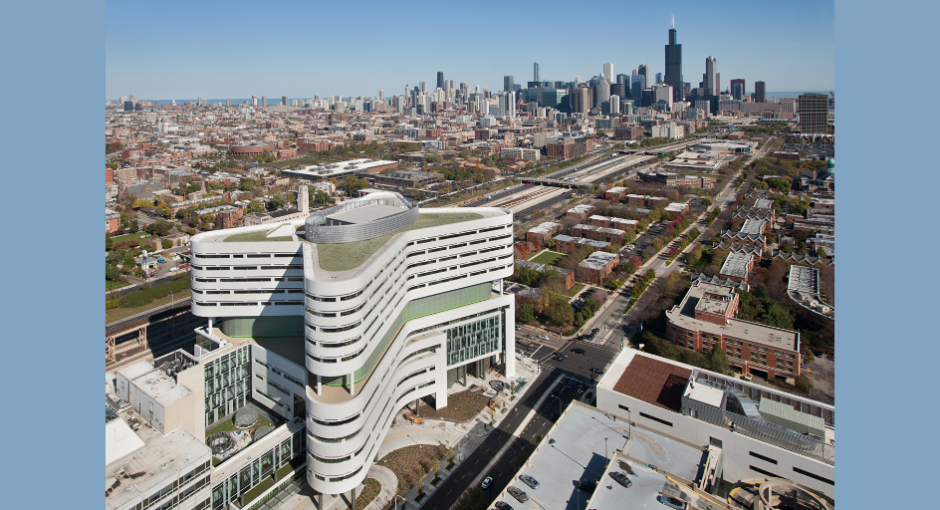A new research letter published in JAMA Internal Medicine found substantial variation among 17 “top-performing” hospitals—14 of them enrolled in 340B—in what they charge commercial insurers for clinician-administered drugs.
Meanwhile, new research published in Journal of Healthcare Quality found that a health center’s hepatitis C virus (HVC) screening initiative improved screening rates significantly during the eight-month-long study. “The 340B Drug Pricing Program can provide a financially sustainable method of providing HCV treatment,” the researchers said.
What Hospital Charge Commercial Payers for Infused Drugs
The JAMA Internal Medicine study looked at 17 of US News and World Report’s Top 20 hospitals—those that posted payer-specific negotiated prices, including for clinician-administered drugs, in compliance with few federal transparency rules that took effect in January 2021. Fourteen are enrolled in 340B.
The researchers said they found “substantial variation in payer-negotiated prices and self-pay cash prices at top-performing U.S. hospitals and considerable markups on clinician- administered drugs.”
The study found that median negotiated prices for the 10 drugs studied ranged from 169% of the standard Medicare payment rate for non-340B hospitals (average sales price +6%) at Rush University Medical Center to 344% at Mayo Clinic Hospital–Arizona. Median self-pay cash prices ranged from 149% of Medicare’s standard ASP +6% rate at Rush to 306% at both Brigham and Women’s Hospital and Massachusetts General Hospital.
“The gap between pharmaceutical acquisition costs and hospital charges is particularly wide for 340B entities, including many hospitals in the study sample,” the researchers said. “The 340B program was designed to help hospitals provide care to vulnerable patient populations and offset the costs of uncompensated care. Our findings are consistent with a recent report examining the prices of oncology drugs at 340B hospitals. [Editor’s note: Click here for our Oct. 12 story about that study.] Further research is needed to understand how 340B entities generate revenue from commercial insurers and how proposed cuts to the 340B program may affect the ability of hospitals to fulfill their obligations to provide care for marginalized communities.”
The study was funded by Arnold Ventures. William Feldman, M.D., a physician and health policy researcher at Brigham and Women’s Hospital and Harvard Medical School, was the project lead. Aaron Kesselheim, M.D., professor of medicine at Harvard and faculty member at Brigham and Women’s, was a co-author. In June, Kesselheim made national headlines for resigning from a U.S. Food and Drug Administration advisory committee after the FDA approved a controversial and expensive drug to treat Alzheimer’s disease over the committee’s objection.
Increased HCV Screening at FQHC Could Serve as Model for Other 340B Providers
The Journal for Healthcare Quality study reported findings from a 2018 experiment at a location of Piedmont Health Services, a rural North Carolina federally qualified health center (FQHC). More than half of the location’s patients speak Spanish.
To boost HCV screening rates among patients who are baby boomers (who account for about 75% of all chronic HCV infections in the U.S.), the FQHC modified its electronic health record system to automatically prompt caregivers to offer screening to targeted patients. The health center also translated a U.S. Centers for Disease Control HCV-awareness flyer into Spanish and placed it and English-language versions in exam rooms and showed the flyers on the television in the lobby.
The proportion of targeted patients who received HCV screening during the eight-month experiment was 30% higher than during the preceding six months. Post-experiment screening rates also remained higher than the original rate. Patients whose blood tested positive for HCV antibodies were referred to the FQHC’s monthly liver clinic.
“Importantly, the study occurred at a 340B-covered clinic with a newly opened liver clinic to provide a financially affordable and accessible source of HCV treatment,” the researchers said. “HCV screening was therefore more practical and a higher priority than in clinics without affordable treatment access.”
The researchers said their study “adds to a growing body of the literature on the potential of a combined approach with both EHR modification and patient awareness initiatives, such as educational flyers. These results could be applied to other primary care settings, particularly those with 340B funding to ensure a financially affordable source of HCV treatment for patients who screen positive.”


